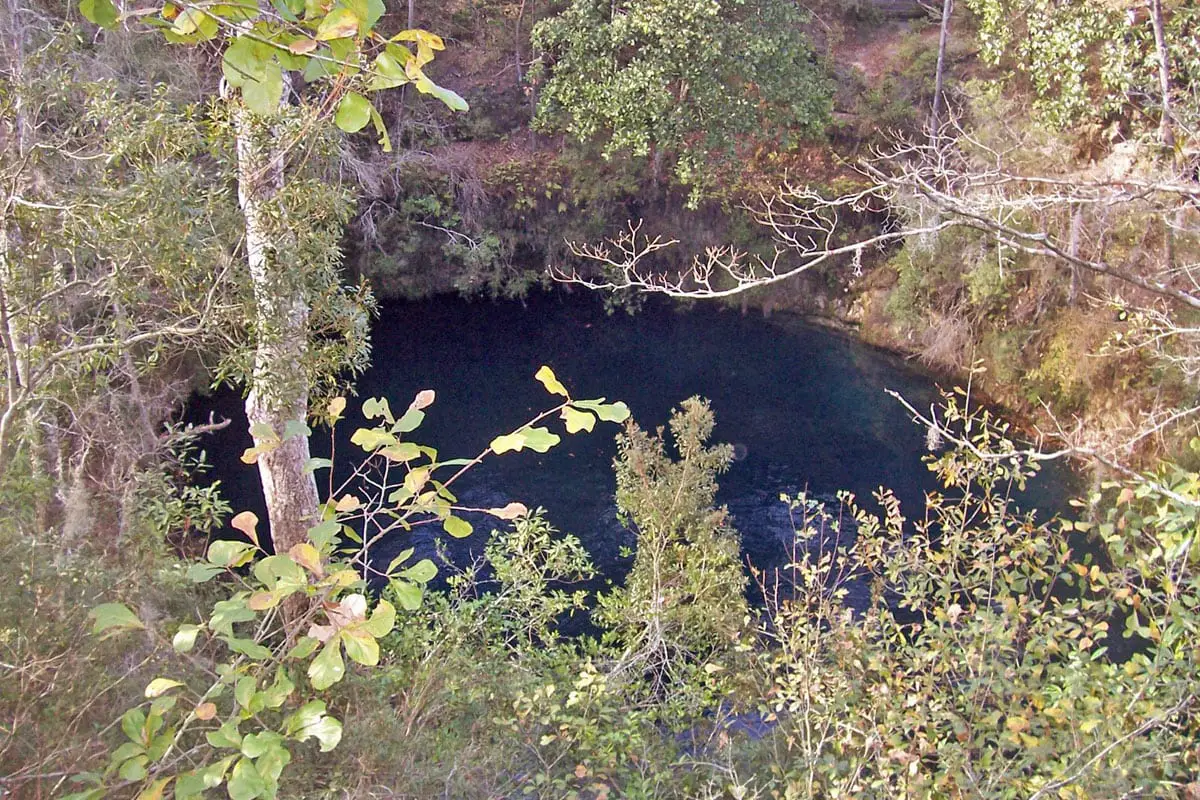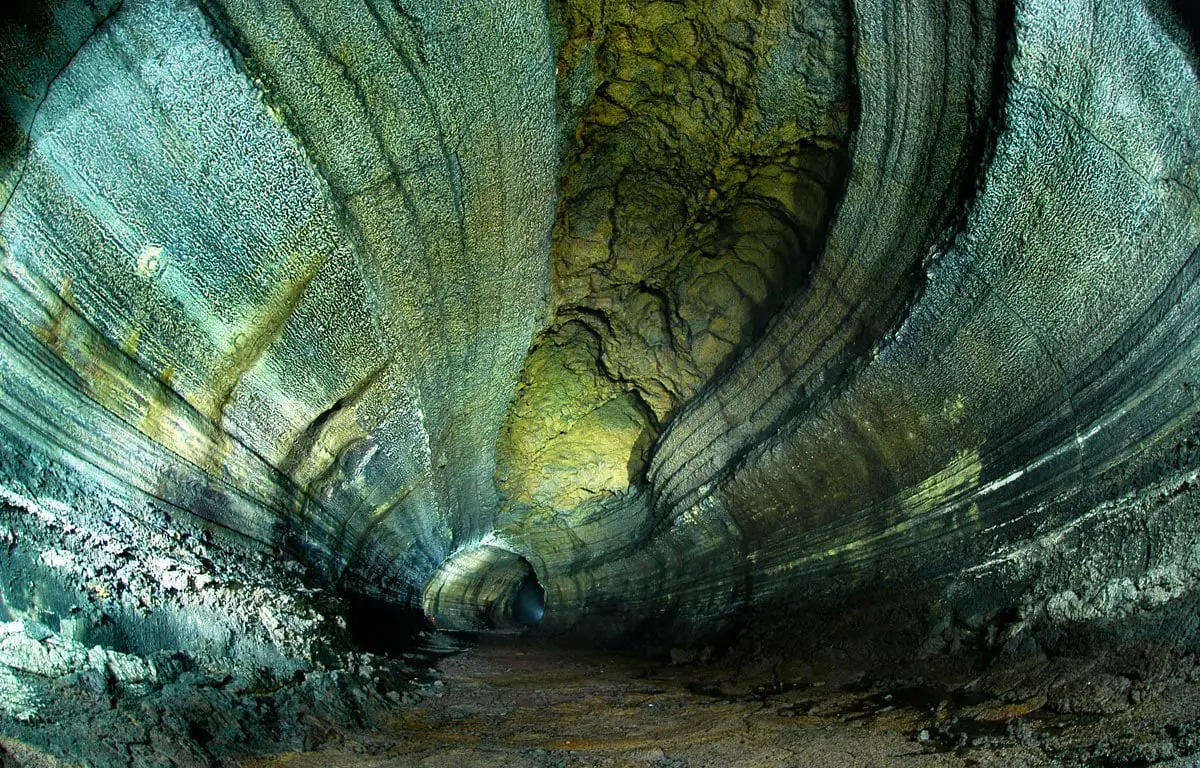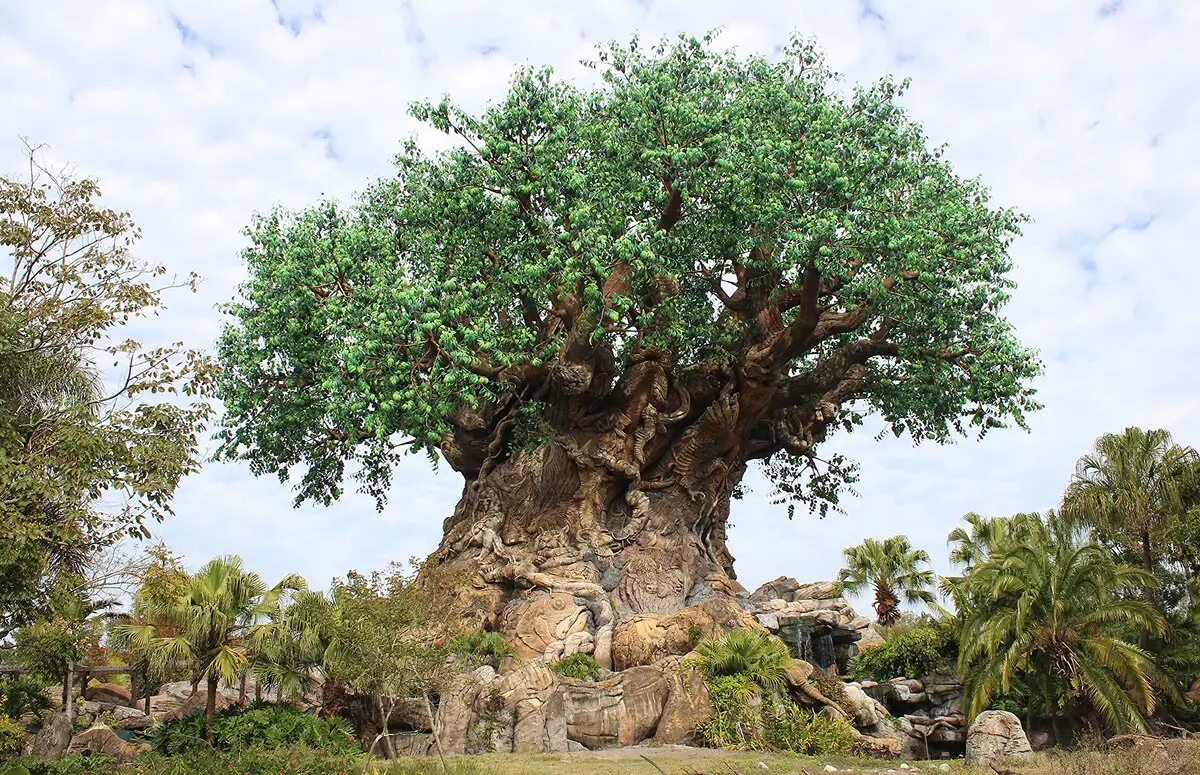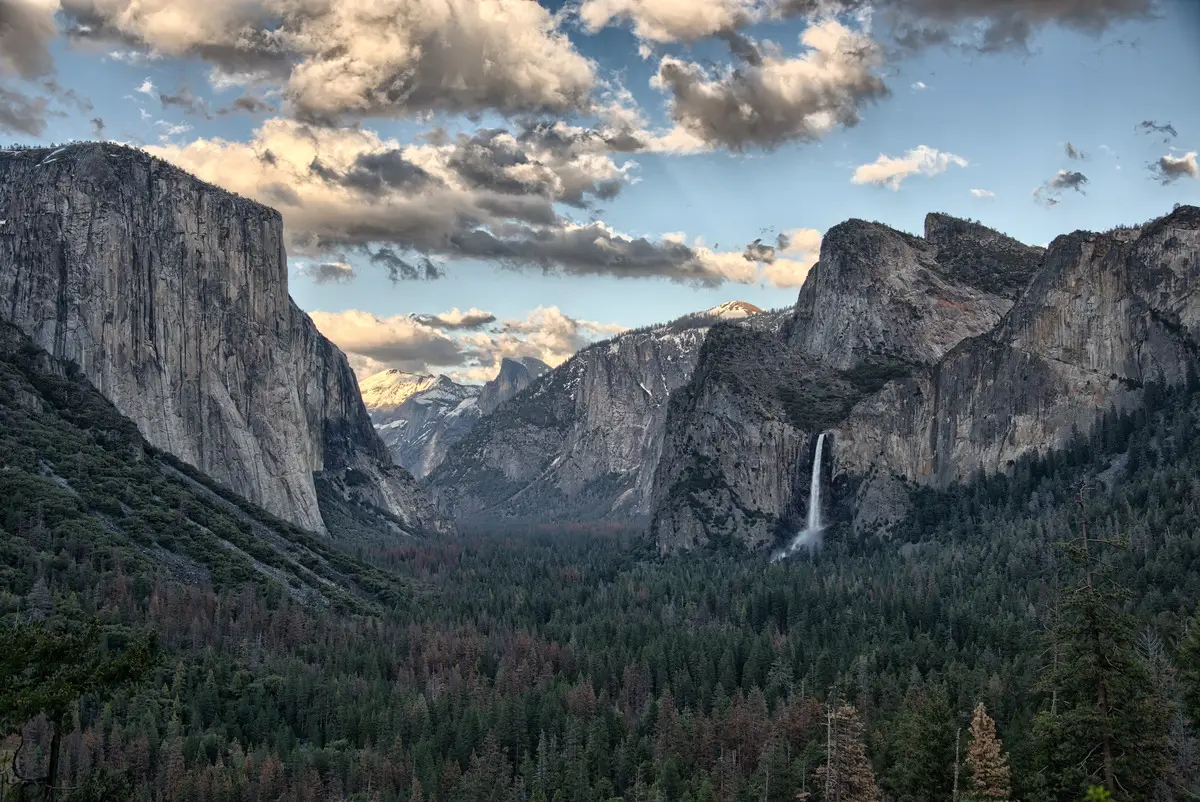World 🢖 North America 🢖 United States 🢖 Florida
Caves 🢔 Geological wonders 🢔 Categories of wonders
Wonder
Wakulla Cave System

 In short
In short
The longest known underwater cave in United States is Wakulla Cave System. The total length of explored cave passages here is 72,171 m. Between two entrances one should dive more than 11 kilometers and the distance (direct line) between the extreme ends of this cave system is 15.3 km. One of the highlights in this cave system is an impressive room – Black Abyss – which is 49 m high.
 42.3%
42.3%
GPS coordinates
Location, address
Alternate names
Length
Maximum depth
Map of the site
If you see this after your page is loaded completely, leafletJS files are missing.
 In detail
In detail
Floridan Aquifer
These caves, just as the other karst features of Florida, have formed in Floridan Aquifer. This aquifer consists of water-bearing limestones – more permeable than most other limestones elsewhere. In fact, this limestone is porous, like cheese, but with many fissures and tunnels. As water is passing through the limestone, the latter is dissolved and cave systems are formed. In the upper reaches of these cave systems form sinkholes but in the lower reaches – powerful springs, which often discharge already under the sea level.
Woodville Karst Plain
Wakulla Cave System has formed in Woodville Karst Plain – a region around Tallahassee and south of the city. This plain is very rich with sinkholes, submerged caves, and powerful springs. The limestone here was deposited in mid-Cretaceous – late Oligocene times.
Now the land here is located just a few meters above sea level. Caves though go 106.7 m deep – far below the sea level. This is explained by the much lower sea level in the ice age – caves, for the most part, were formed then.
Leon Sinks
5 – 10 km northwest from from Wakulla Spring in the forest are found numerous sinkholes called Leon Sinks. Part of these sinkholes is located in Leon County, part – in Wakulla County. Some are enormous (Big Dismal is some 60 m deep), some smaller, some have small lakes at bottoms and some are dry.
Here starts the Wakulla Cave System. Not all sinkholes now are leading into the cave – most likely the passages have been silted up, but quite many have connections to the cave. Some of Leon Sinks are listed below:
- Big Dismal – wet sinkhole (with lake in it). This sinkhole is 30 m deep up to the water level and another 30 m deep below the water level. At 25 m depth is located the entrance in the cave system. Located at 30.315803 N 84.351568 W.
- Black Gum – wet sinkhole. Located at 30.302703 N 84.352514 W.
- Gator Sink – wet sinkhole. Located at 30.301025 N 84.351580 W.
- Gopher Hole – dry sinkhole. Located at 30.308808 N 84.347690 W.
- Gremlin Sink – wet sinkhole. Located at 30.301660 N 84.352945 W.
- Hammock – wet sinkhole. Located at 30.314537 N 84.347152 W.
- Turner Sink – wet sinkhole. Located at 30.265105 N 84.341432 W.
Rare crustaceans
In the cave system live numerous animals, including ones, which are endemic. One is Woodville Karst cave crayfish (Procambarus orcinus), which is not met outside Woodville Karst. This small crustacean lives in the silt of sinkholes and caves and its existence might be very endangered by the decreasing water quality.
Another endemic crustacean is the swimming Florida cave isopod (Remasellus parvus).
Research history of the Wakulla Cave System
The courage and persistence of the explorers of Woodville Karst Plain caves are admirable. The exploration of these underwater caves has been technically extremely demanding and, unfortunately, has claimed many lives.
Research of the Wakulla Cave System started in 1955 when 355 m long passages were explored.
Since then several expeditions have been organized and the underwater caves were explored step by step. This research always has been very dangerous and requires excellent organization of research itself and safety measures.
Culmination of this research took place on July 28, 2007. Two experienced cave divers of Global Underwater Explorer’s Woodville Karst Plain Project – Jarrod Jablonski and Casey McKinlay – entered Turner Sink in the Leon Sinks and after 20 hours came out in Wakulla Springs. The dive itself took 6.5 hours, 14 hours were necessary for decompression after diving 90 m deep. There was no possibility to come to the surface in between – thus this was a truly astounding accomplishment with a very complex support system.
Another major breakthrough was the linking with another large cave system – Chip’s Hole Cave System in January 2023, extending the cave to its present length of 72,171 m (2.)!
References
- The Woodville Karst Plain Project by Global Underwater Explorers. Accessed on July 17, 2011.
- World Underwater Caves, Cave-Expliring.Com. Accessed on August 21, 2023.
 Linked articles
Linked articles

Caves
Every year there are reported exciting discoveries of new caves and discoveries of new qualities such as cave paintings in the ones known before. But there still is a feeling that our knowledge covers just a small part of all these monuments of nature.
Though, those which are known to us, offer a surprising diversity of unusual features and impressive sights.

Wonders of Florida
Florida is the tropical paradise of the mainland United States. Over the last century, it has experienced fabulous changes, turning from a forgotten, swampy badland into a densely populated and rich land. Highlights of Florida include the architecture of the late 19th and 20th centuries as well as its giant springs and caves.

Wonders of the United States
The United States of America is one of the largest countries in the world and offers a wide array of diverse attractions: many are unsurpassed in the world. Highlights of the United States are cliffs, canyons, and rock formations, several impressive downtowns of cities with numerous skyscrapers as well as a rich array of geothermal features, and the giant forest of California.
 Recommended books
Recommended books
Touring the Springs of Florida
Highlighting the finest cold springs in the state, Touring the Springs of Florida features full-color photos and in-depth descriptions for each of the springs and surrounding areas. Detailed maps, GPS coordinates, and thorough driving directions lead you every step of the way. Whether you’re tubing, swimming, snorkeling, paddling, hiking, diving, or simply sightseeing, there’s a spring for you.
Springs of Florida
The many springs that jewel the landscape of Florida are translucent openings into a dominion very rare: a crystalline world of fresh water at the edge of the sea. The deepest and largest known springs in the world are found in Florida. This book is a guided tour of these beautiful environments, with an emphasis on the many strange and wonderful natural inhabitants.


